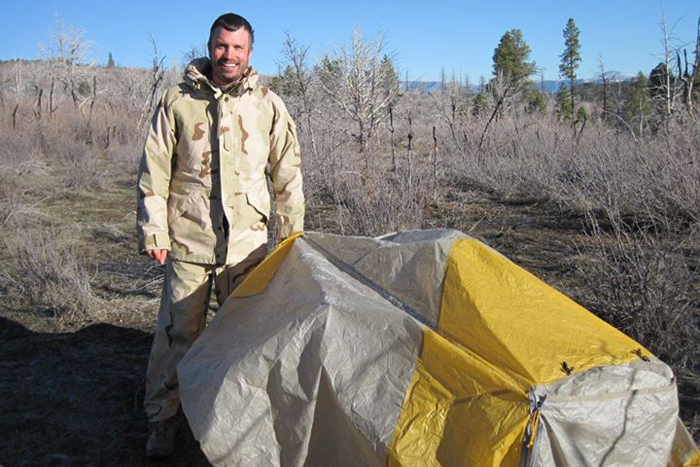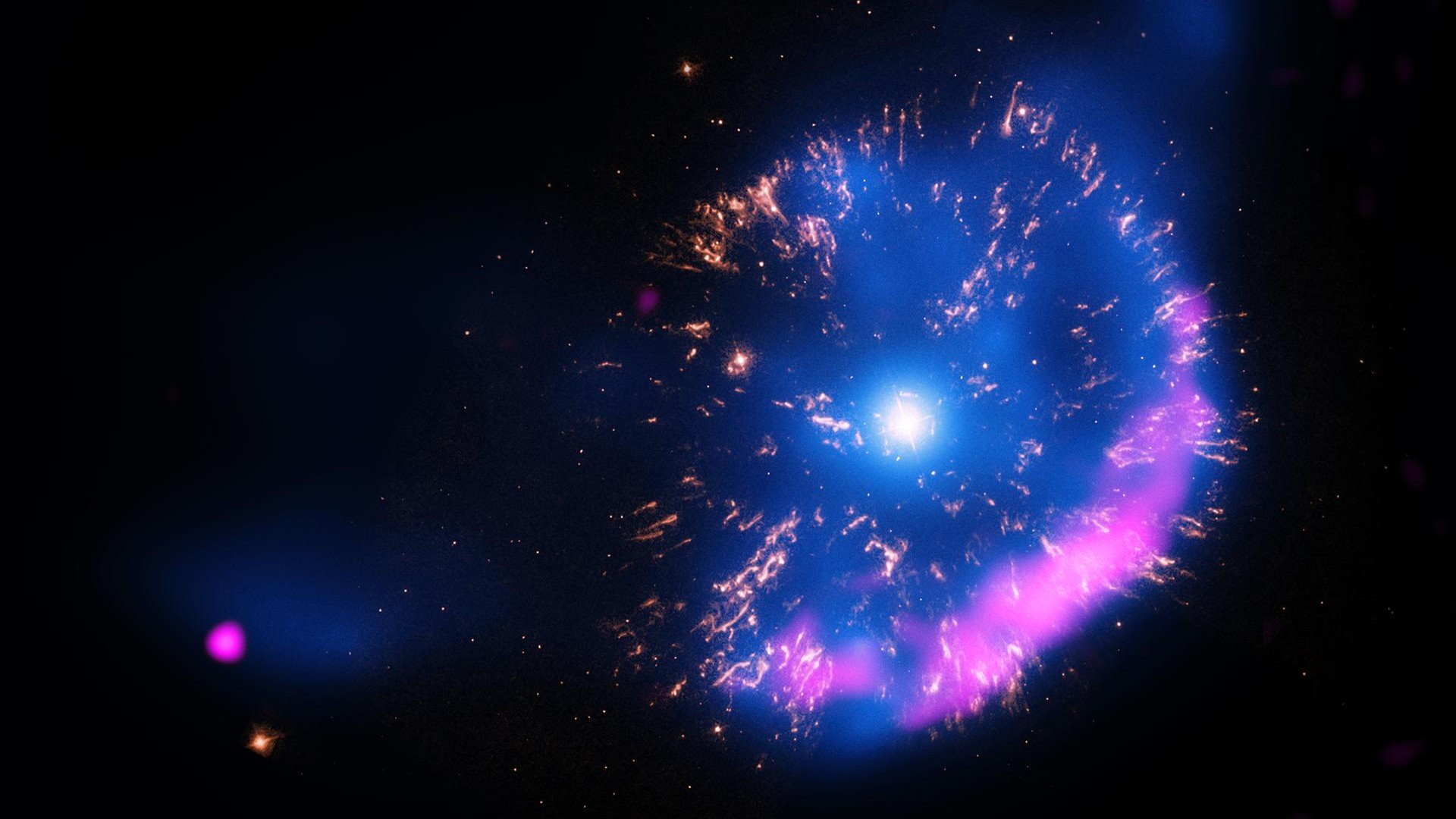Using Math to Understand the Puzzle of Humanity

This ScienceLives article was provided to Live Science in partnership with the National Science Foundation.
Matthew Zefferman applies his enthusiasm for solving puzzles to the research he does every day, investigating how human culture influences modern society. Such puzzles can be solved mathematically. As a postdoctoral fellow at the National Institute for Mathematical and Biological Synthesis, Zefferman uses network theory and evolutionary game theory to investigate the origins of complex political and economic institutions. Currently focused on the origins of war, he is looking at how changes in ideology influence the probability that two countries will go to war. Zefferman’s mathematical models confirm a common assumption –- when countries’ leaders become more ideologically similar, the chances of war significantly diminish.
Name: Matthew Zefferman Institution: National Institute for Mathematical and Biological Synthesis Field of Study: Evolutionary Social Science
Why did you choose this field?
I was studying engineering in college and eventually realized that the solutions to many important human problems were not primarily technological, but primarily cultural. But I really didn’t have a good sense of what that even meant. So I started reading anthropology and psychology looking for a unifying theory. I found a book by Robert Boyd and Peter Richerson called Cultural and the Evolutionary Process that laid out a mathematical theory of cultural change. And from there I was hooked.
Please describe your current research.
I try to understand how human culture influences modern society. Much of the work in cultural evolution has focused small-scale societies in early human history or pre-history. I am interested in how culture works in larger scale societies like the ones most of us live in today.
Get the world’s most fascinating discoveries delivered straight to your inbox.
What is the primary aim of your research?
Right now, I am trying to understand the transition from small-scale societies to the earliest forms of political organization, what are called chiefdoms. I am trying to figure out the conditions that are necessary and sufficient for this transition. To do this, I use mathematical modeling, specifically network theory and evolutionary game theory. I also use computer simulations to make sure that they give similar results to the mathematics.
How does your work benefit society?
I hope that my work will help us understand human cooperation and conflict in large political organizations. For example, some of my work has been on the origins of war. I hope that it will give some insight on how to limit the frequency or scale of war. A branch of international relations is very interested in understanding how changes in ideas influence the probability that two countries will go to war. For example, if leaders of two countries become more ideologically similar, does this decrease their likelihood of fighting over a resource? My models suggest that it does.
What do you like best about your work?
I like discovering and solving puzzles. Humans are a very puzzling species, so there is plenty of opportunity.
What is the best professional advice you ever received?
The best advice I ever received, professional or otherwise, was from my dad when I left for college, “Just try not to do anything stupid.”
What is the most surprising aspect of your work?
Many people are surprised that something as seemingly nebulous as human culture could be expressed mathematically. But there has been a rapidly growing mathematical theory of culture over the past thirty years. For example, it shows why humans evolved to rely more heavily on social learning (i.e., learning from others) than any other species. It also shows how we evolved certain heuristics for what to learn or who to learn from (e.g., learning the most common trait in one's group or learning from the most successful people) and how these heuristics allow us to cooperate with non-relatives to a greater extent than any other species. My goal is to build on these insights to explain how this cooperation gets extended to even greater scales once we start using formal rules and laws in addition to informal norms.
What exciting developments lie in the future for your field?
I think there is a growing movement to link ideas about cultural evolution with ideas about political organization. For example, why are similar political systems effective in one country but not in another? What are the necessary conditions for transitioning from ineffective political organization to effective political organization? How might we design political systems to be resistant to collapse or exploitation by political elites?
Who is your #1 hero and why?
It is hard to pick just one scientific hero because science is such an inherently social endeavor. But one of my scientific heroes is the late political scientist Elinor Ostrom who developed, and inspired many others to help develop, a process for understanding human institutions from a truly multidisciplinary and multifaceted perspective. Her work integrates mathematical theory, experiments, simulations and importantly, detailed observation of the way humansactually organize themselves into a coherent body of knowledge.
What do you do when you’re not in the lab or out in the field?
I go on long runs, mostly at night, which is when I do some of my best thinking.
Editor's Note: The researchers depicted in ScienceLives articles have been supported by the National Science Foundation, the federal agency charged with funding basic research and education across all fields of science and engineering. Any opinions, findings, and conclusions or recommendations expressed in this material are those of the author and do not necessarily reflect the views of the National Science Foundation. See the ScienceLives archive.



